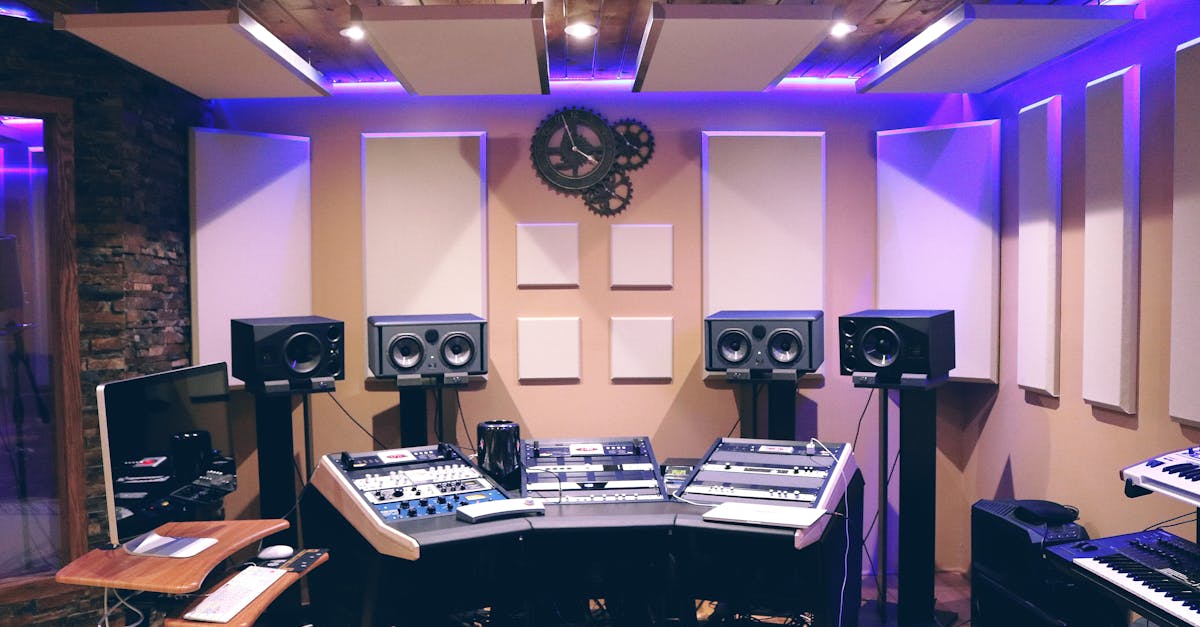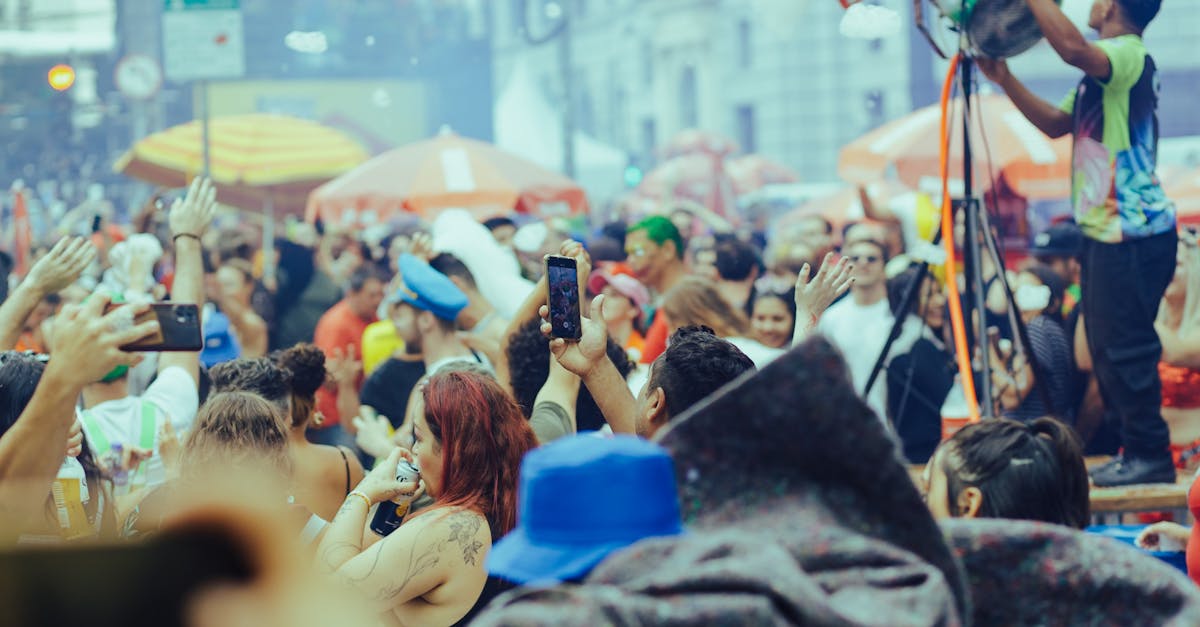The Rise of AI in Music How Tech is Transforming Industry
Introduction
The music industry has been dramatically transformed by the rise of powerful artificial intelligence (AI) technologies. From songwriting to music distribution, AI is redefining how music is created, marketed, and enjoyed by audiences worldwide. In this article, we explore the significant impact AI has made on the music industry and what it means for the future.
Advertisement
Songwriting and Composition
One of the most fascinating contributions of AI to music is its ability to assist with songwriting and composition. AI algorithms can analyze vast amounts of musical data to create unique compositions that blend various genres and styles. This capability allows musicians to experiment with new sounds and push the boundaries of traditional music-making.
Advertisement
Music Production
AI has revolutionized the music production process by enhancing sound quality and efficiency. Sophisticated AI tools enable producers to mix and master tracks with improved precision and speed. These tools also offer creative enhancements, such as vocal tuning and beat creation, helping artists bring their musical visions to life more effectively.
Advertisement
Virtual Collaborations
Artists across the globe are leveraging AI to collaborate in virtual settings, bridging geographical boundaries. AI platforms can simulate jam sessions, allowing musicians to instantly share ideas and co-create music from different locations. This interconnectedness is fostering cross-cultural collaborations and resulting in diverse, globalized music.
Advertisement
Music Personalization
AI's ability to analyze listener preferences is transforming how music is consumed. Platforms like Spotify and Apple Music use AI algorithms to suggest personalized playlists based on listening habits. This ensures a tailored music experience for users, improving engagement and offering exposure to emerging artists.
Advertisement
Music Distribution
The use of AI in music distribution has automated and optimized the process of releasing tracks to worldwide audiences. AI-powered platforms analyze the best times and channels to maximize reach and impact. By predicting market trends, artists can strategically release their music and ensure it reaches the right audience.
Advertisement
Copyright and Intellectual Property
The introduction of AI in music has raised complex questions about copyright and intellectual property. As AI-generated music becomes more prevalent, discussions concerning the ownership of AI-produced compositions are increasingly relevant. Legal frameworks are evolving to address these concerns, ensuring that creators' rights are protected.
Advertisement
Performance and Live Shows
AI is not only altering music production but also redefining live performances. From holographic concerts to adaptive lighting and soundscapes, AI technologies are enhancing the concert experience. These innovations help performers create more immersive and interactive shows for their audiences.
Advertisement
Future Possibilities and Challenges
The continued rise of AI in music presents endless possibilities, yet challenges remain. Artists and industry stakeholders must navigate the ethical implications of AI-generated content and ensure it complements human creativity. Fostering harmony between AI innovation and human artistry will define the future of music.
Advertisement
Conclusion
In summary, AI's influence on the music industry is profound and multifaceted. It is reshaping how music is written, produced, and consumed while creating new opportunities and challenges for artists and audiences alike. As technology continues to evolve, embracing AI's potential will be key to the music industry's ongoing growth and transformation.
Advertisement


